
SCARS Institute’s Encyclopedia of Scams™ Published Continuously for 25 Years

SCARS™ Guide: Fraudsters Targeting Online Gamers
Don’t Let Fraud Ruin Your Fun – SCARS Warns Against Scammers Targeting Online Gamers!
This is a warning for parents and online gamers themselves of the risk of fraud involving Steam Cards and Fortnite.
- In the United Kingdom, U.K. Police report that between 1 April 2017 and 31 March 2018, they received reports of Fortnite related fraud, with an average of £146 per victim.
- In the same period, the U.K. Police received reports of Steam Card fraud, with an average of £123.88 per victim.
While this is just the tip of the iceberg, the real level of scamming associated with online games is staggering and growing. Why? Because game players of every type are far more unsuspecting the potential victims of other types of scams. Plus these victims – at least 5 times out of 10 – are children.
HOW IS FORTNITE FRAUD HAPPENING?
According to CNN:
You were just getting used to your kid’s obsession with “Fortnite,” and now, all you hear about is V-Bucks. V-Bucks, like Robux on Roblox, are “Fortnite’s” in-game currency. Players use them to buy the fun “skins” (characters and outfits) and “emotes” (those hilarious dances like “Flossing” and “Take the L”) that kids will say they totally need to make “Fortnite” even cooler. For the record: You don’t need V-Bucks to play “Fortnite,” and if you do spring for them, they cost real money. Also, online scammers are all over V-Bucks.
“Fortnite’s” incredible popularity among kids has made it an easy target for rip-off artists trying to make some actual bucks while the game is hot. A recent study from online security company ZeroFox discovered more than 4,700 fake “Fortnite” websites, and the company sent out more than 50,000 security alerts about “Fortnite” scams in a single month. Kids are particularly vulnerable to requests to turn over personal information, including names and email addresses or even credit card numbers. Here’s how you can spot the scam and protect your kids.
What To Watch Out For
V-Bucks generators. “V-Bucks generators” are one of the biggest online “Fortnite” scams. These are often websites that offer people points for watching or clicking on ads, and these points can supposedly be traded in for free V-Bucks within “Fortnite.” Not only do these free V-Bucks never appear, these sites often try to collect people’s Fortnite usernames and passwords or have them take surveys where they submit personal data under the pretense of verifying that they’re human.
Fake Domains
Similar to V-Bucks generators, there are also tons of sites that offer free V-Bucks or trick people into buying fake ones. These fake domains mimic developer Epic Games’ and Fortnite’s real styles, colors, and fonts to fool people. Some even put “Fortnite” in the URL. These sites also collect personal information, but they often go a step further indirectly charging a credit card or bank account.
Social Media Scams
One of the most popular ways that scams are spread is through social media. Fake sites and V-Bucks generators often encourage people to share their links to get more points, which helps expose the scam to more people. Plus, these links often direct users to suspicious apps and malware that can also target your kid’s personal information.
Youtube Video Scams
Similar to link-sharing scams on social media, there are tons of YouTube videos offering free V-Bucks and more. These fake videos and accounts have millions of views and send gamers to other sketchy sites.
Fake Android Apps
After Epic Games made the controversial decision not to offer their Android app in the Google Play Store, scammers took advantage by putting up fake “Fortnite” apps. Although they’re designed to look like “Fortnite,” they’re really data theft and malware distributors in disguise.
Tips To Avoid Getting Scammed
Talk to your kids about how to spot and avoid “Fortnite” scams and other scams online. Here are some tips to keep your kid’s information private and your money safe:
Be cautious when you give out private information. Tell kids to check with you before filling out forms, quizzes, registration pages, and the like on a website or app. For older kids, teach them to think carefully about why a site or app might want your data.
Only spend real money through official platforms.PlayStation, Xbox, Epic Games’ official website, and the official “Fortnite” app are the only places to buy V-Bucks. Anything else is a scam.
Double-check URLs and domain names. Talk to kids about scams and how some sites or apps look very similar to the official ones but are designed to trick you into giving up money or information. Domain names and URLs might have only one letter or symbol that’s different from the original, so look carefully.
Fraudsters Are Targeting Victims In Many Other Ways
These include asking for people’s phone numbers in return for Vbucks to then sign the victim up to a premium rate subscription service, selling access to other people’s Fortnite accounts, and offering VBucks for free then actually charging for it.
HOW IS STEAM CARD FRAUD HAPPENING?
There has also been a spike in fraudsters requesting Steam Cards as a way to gain upfront fees from unsuspecting victims.
Victims are being called by scammers, claiming to be from well-known organizations. The victims are instructed to purchase Steam Cards in order to pay for the processing of tax refunds or rebates, PPI refunds, administrative costs for processing loans and for providing anti-virus software.
As with iTunes gift cards, the scammer doesn’t require the physical Steam Card to redeem the value. Instead, the victim is asked to read out the serial code on the back over the phone.
Remember
It is vital that both parents and those playing games online be able to spot the signs of fraud, as fraudsters and scammers will go to great lengths to try to steal your money. It is also important that parents make their children aware of the threat of fraud online. If they are downloading or purchasing game add-ons, make sure you use the official websites only. You should never reveal your password or banking details to someone you don’t know, or be tempted to click on links to unknown sites or apps.
- No government department will ever ask for payment in the form of Steam Cards, or any other gift card, such as iTunes.
- Always question requests for personal or financial information. The promise of ‘free’ vouchers or credits is a common tactic used by scammers to persuade people to give out sensitive, personal or financial details.
- Listen to your instincts – If it sounds too good to be true, it probably is. Have the confidence to refuse unusual requests for personal or financial information.
Every Report Matters
Every Report Matters – If you have been a victim of fraud or cybercrime, report it to us (see below) online and to your national police such as the FBI (www.IC3.gov) of in the UK to ActionFraun (www.actionfraud.police.uk)
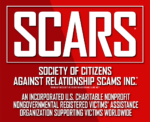
SCARS™ Team
A SCARS Division
Miami Florida U.S.A.
TAGS: Online Gamers, Online Gamers, Gaming Scams, Gaming Fraud, Steam Cards, Fortnite, Game Apps, App Scams, fraudsters, Scammers, Scams, Online Fraud,
END
– – –
Tell us about your experiences with Romance Scammers in our Scams Discussion Forum on Facebook »
– – –
FAQ: How Do You Properly Report Scammers?
It is essential that law enforcement knows about scams & scammers, even though there is nothing (in most cases) that they can do.
Always report scams involving money lost or where you received money to:
- Local Police – ask them to take an “informational” police report – say you need it for your insurance
- Your National Police or FBI (www.IC3.gov »)
- The SCARS|CDN™ Cybercriminal Data Network – Worldwide Reporting Network HERE » or on www.Anyscam.com »
This helps your government understand the problem, and allows law enforcement to add scammers on watch lists worldwide.
– – –
Visit our NEW Main SCARS Facebook page for much more information about scams and online crime: www.facebook.com/SCARS.News.And.Information »
To learn more about SCARS visit www.AgainstScams.org
Please be sure to report all scammers HERE » or on www.Anyscam.com »
All original content is Copyright © 1991 – 2020 SCARS All Rights Reserved Worldwide & Webwide – SCARS/Romance Scams Now & SCARS/Society of Citizens Against Relationship Scams are all trademarks of Society of Citizens Against Relationship Scams Incorporated (formerly the Society of Citizens Against Romance Scams)
Legal Notices:
All original content is Copyright © 1991 – 2020 SCARS All Rights Reserved Worldwide & Webwide. Third-party copyrights acknowledge.
SCARS, RSN, Romance Scams Now, SCARS|WORLDWIDE, SCARS|GLOBAL, SCARS, Society of Citizens Against Relationship Scams, Society of Citizens Against Romance Scams, SCARS|ANYSCAM, Project Anyscam, Anyscam, SCARS|GOFCH, GOFCH, SCARS|CHINA, SCARS|CDN, SCARS|UK, SCARS Cybercriminal Data Network, Cobalt Alert, Scam Victims Support Group, are all trademarks of Society of Citizens Against Relationship Scams Incorporated.
Contact the law firm for the Society of Citizens Against Relationship Scams Incorporated by email at legal@AgainstScams.org
-/ 30 /-
What do you think about this?
Please share your thoughts in a comment below!
Table of Contents
- Don’t Let Fraud Ruin Your Fun – SCARS Warns Against Scammers Targeting Online Gamers!
- HOW IS FORTNITE FRAUD HAPPENING?
- What To Watch Out For
- Tips To Avoid Getting Scammed
- Fraudsters Are Targeting Victims In Many Other Ways
- HOW IS STEAM CARD FRAUD HAPPENING?
- Every Report Matters
- Tell us about your experiences with Romance Scammers in our Scams Discussion Forum on Facebook »
- Please be sure to report all scammers HERE » or on www.Anyscam.com »
LEAVE A COMMENT?
Recent Comments
On Other Articles
- Arwyn Lautenschlager on Love Bombing And How Romance Scam Victims Are Forced To Feel: “I was love bombed to the point that I would do just about anything for the scammer(s). I was told…” Feb 11, 14:24
- on Dani Daniels (Kira Lee Orsag): Another Scammer’s Favorite: “You provide a valuable service! I wish more people knew about it!” Feb 10, 15:05
- on Danielle Delaunay/Danielle Genevieve – Stolen Identity/Stolen Photos – Impersonation Victim UPDATED 2024: “We highly recommend that you simply turn away form the scam and scammers, and focus on the development of a…” Feb 4, 19:47
- on The Art Of Deception: The Fundamental Principals Of Successful Deceptions – 2024: “I experienced many of the deceptive tactics that romance scammers use. I was told various stories of hardship and why…” Feb 4, 15:27
- on Danielle Delaunay/Danielle Genevieve – Stolen Identity/Stolen Photos – Impersonation Victim UPDATED 2024: “Yes, I’m in that exact situation also. “Danielle” has seriously scammed me for 3 years now. “She” (he) doesn’t know…” Feb 4, 14:58
- on An Essay on Justice and Money Recovery – 2026: “you are so right I accidentally clicked on online justice I signed an agreement for 12k upfront but cd only…” Feb 3, 08:16
- on The SCARS Institute Top 50 Celebrity Impersonation Scams – 2025: “Quora has had visits from scammers pretending to be Keanu Reeves and Paul McCartney in 2025 and 2026.” Jan 27, 17:45
- on Scam Victims Should Limit Their Exposure To Scam News & Scammer Photos: “I used to look at scammers photos all the time; however, I don’t feel the need to do it anymore.…” Jan 26, 23:19
- on After A Scam, No One Can Tell You How You Will React: “This article was very informative, my scams happened 5 years ago; however, l do remember several of those emotions and/or…” Jan 23, 17:17
- on Situational Awareness and How Trauma Makes Scam Victims Less Safe – 2024: “I need to be more observant and I am practicing situational awareness. I’m saving this article to remind me of…” Jan 21, 22:55
ARTICLE META
Important Information for New Scam Victims
- Please visit www.ScamVictimsSupport.org – a SCARS Website for New Scam Victims & Sextortion Victims
- Enroll in FREE SCARS Scam Survivor’s School now at www.SCARSeducation.org
- Please visit www.ScamPsychology.org – to more fully understand the psychological concepts involved in scams and scam victim recovery
If you are looking for local trauma counselors please visit counseling.AgainstScams.org or join SCARS for our counseling/therapy benefit: membership.AgainstScams.org
If you need to speak with someone now, you can dial 988 or find phone numbers for crisis hotlines all around the world here: www.opencounseling.com/suicide-hotlines
A Note About Labeling!
We often use the term ‘scam victim’ in our articles, but this is a convenience to help those searching for information in search engines like Google. It is just a convenience and has no deeper meaning. If you have come through such an experience, YOU are a Survivor! It was not your fault. You are not alone! Axios!
A Question of Trust
At the SCARS Institute, we invite you to do your own research on the topics we speak about and publish, Our team investigates the subject being discussed, especially when it comes to understanding the scam victims-survivors experience. You can do Google searches but in many cases, you will have to wade through scientific papers and studies. However, remember that biases and perspectives matter and influence the outcome. Regardless, we encourage you to explore these topics as thoroughly as you can for your own awareness.
Statement About Victim Blaming
SCARS Institute articles examine different aspects of the scam victim experience, as well as those who may have been secondary victims. This work focuses on understanding victimization through the science of victimology, including common psychological and behavioral responses. The purpose is to help victims and survivors understand why these crimes occurred, reduce shame and self-blame, strengthen recovery programs and victim opportunities, and lower the risk of future victimization.
At times, these discussions may sound uncomfortable, overwhelming, or may be mistaken for blame. They are not. Scam victims are never blamed. Our goal is to explain the mechanisms of deception and the human responses that scammers exploit, and the processes that occur after the scam ends, so victims can better understand what happened to them and why it felt convincing at the time, and what the path looks like going forward.
Articles that address the psychology, neurology, physiology, and other characteristics of scams and the victim experience recognize that all people share cognitive and emotional traits that can be manipulated under the right conditions. These characteristics are not flaws. They are normal human functions that criminals deliberately exploit. Victims typically have little awareness of these mechanisms while a scam is unfolding and a very limited ability to control them. Awareness often comes only after the harm has occurred.
By explaining these processes, these articles help victims make sense of their experiences, understand common post-scam reactions, and identify ways to protect themselves moving forward. This knowledge supports recovery by replacing confusion and self-blame with clarity, context, and self-compassion.
Additional educational material on these topics is available at ScamPsychology.org – ScamsNOW.com and other SCARS Institute websites.
Psychology Disclaimer:
All articles about psychology and the human brain on this website are for information & education only
The information provided in this article is intended for educational and self-help purposes only and should not be construed as a substitute for professional therapy or counseling.
While any self-help techniques outlined herein may be beneficial for scam victims seeking to recover from their experience and move towards recovery, it is important to consult with a qualified mental health professional before initiating any course of action. Each individual’s experience and needs are unique, and what works for one person may not be suitable for another.
Additionally, any approach may not be appropriate for individuals with certain pre-existing mental health conditions or trauma histories. It is advisable to seek guidance from a licensed therapist or counselor who can provide personalized support, guidance, and treatment tailored to your specific needs.
If you are experiencing significant distress or emotional difficulties related to a scam or other traumatic event, please consult your doctor or mental health provider for appropriate care and support.
Also read our SCARS Institute Statement about Professional Care for Scam Victims – click here to go to our ScamsNOW.com website.



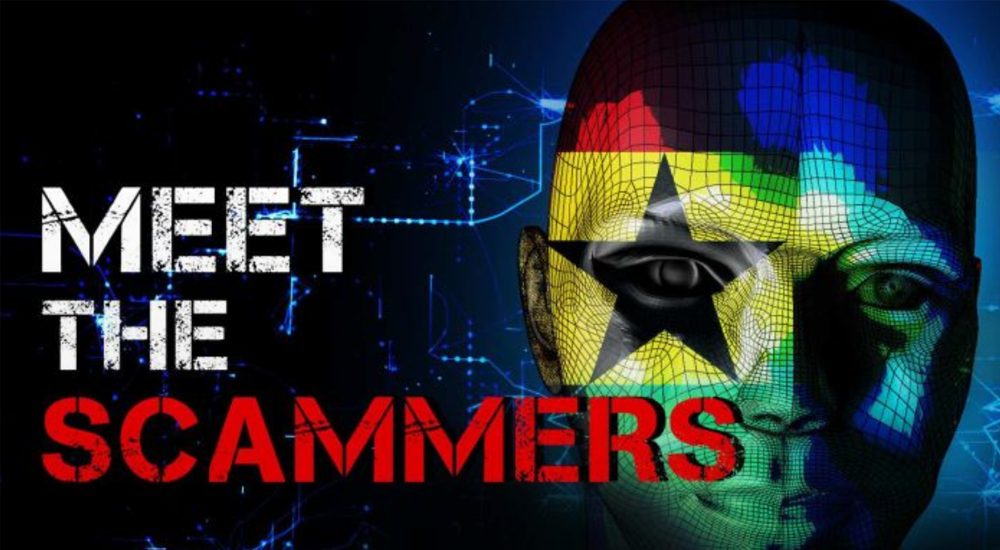
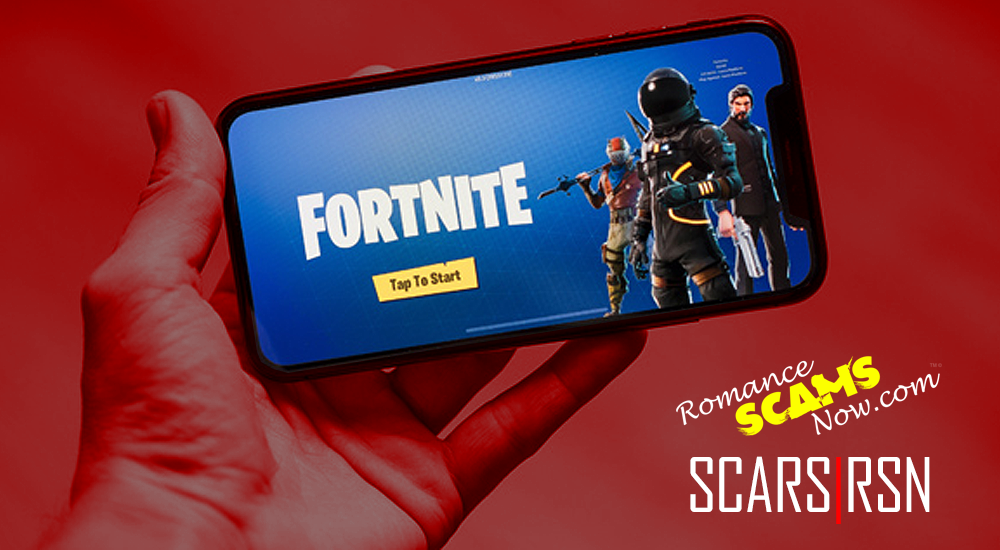



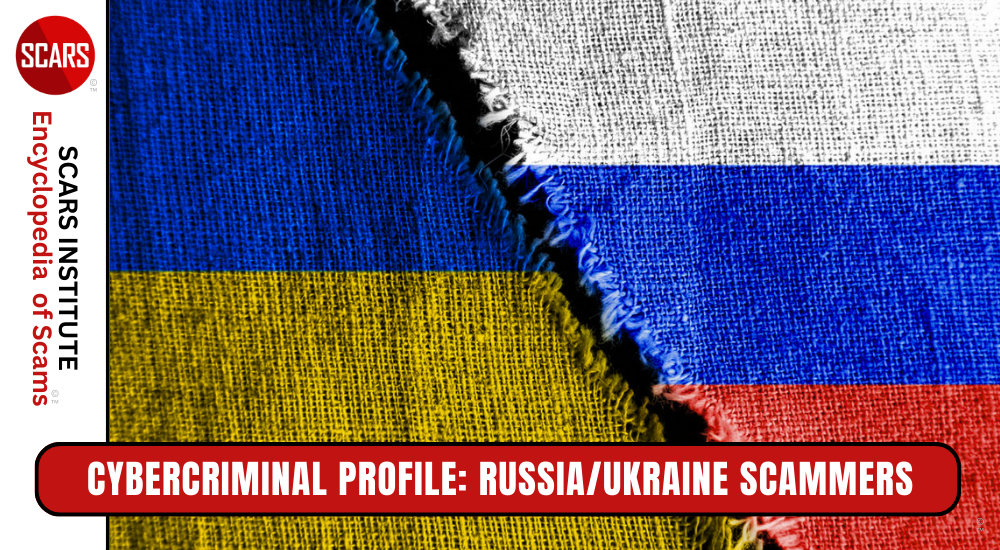
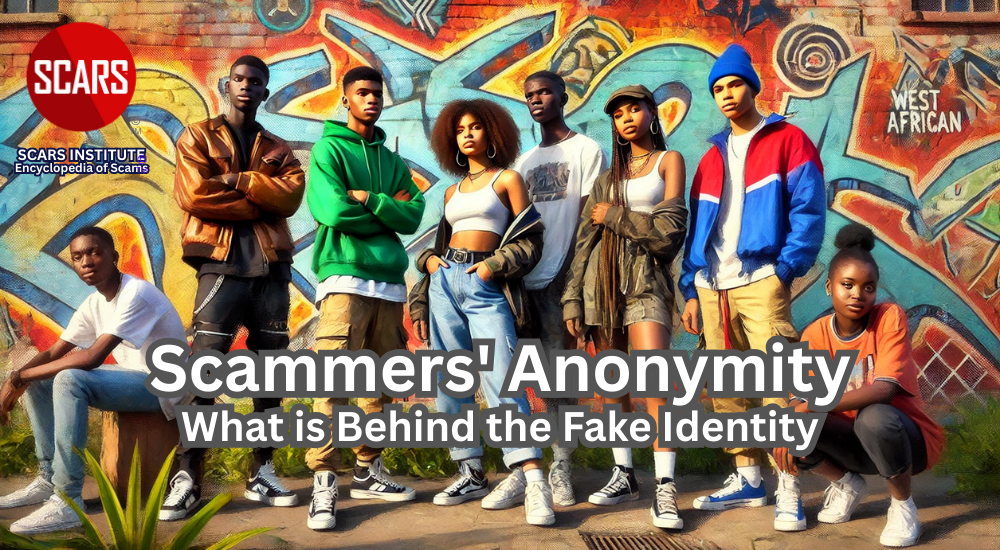

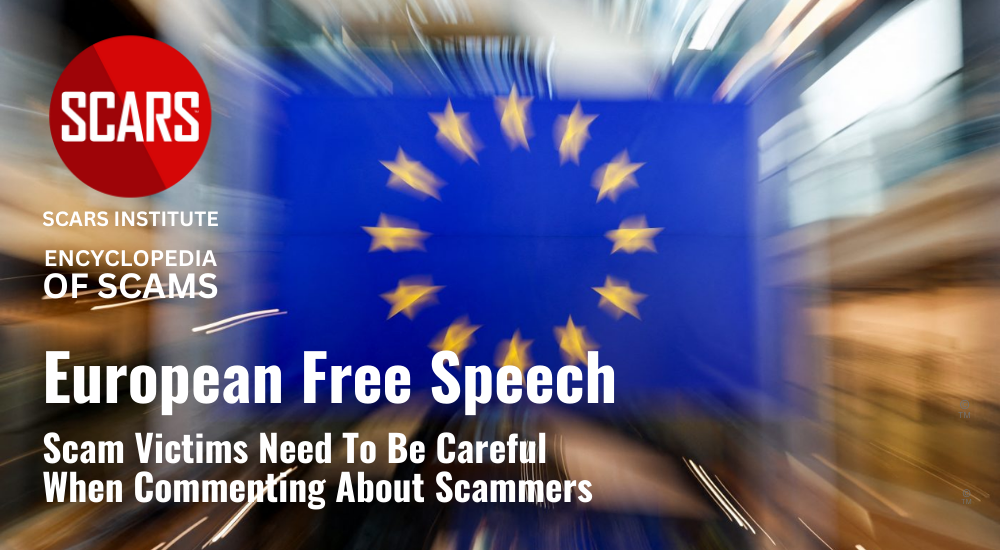
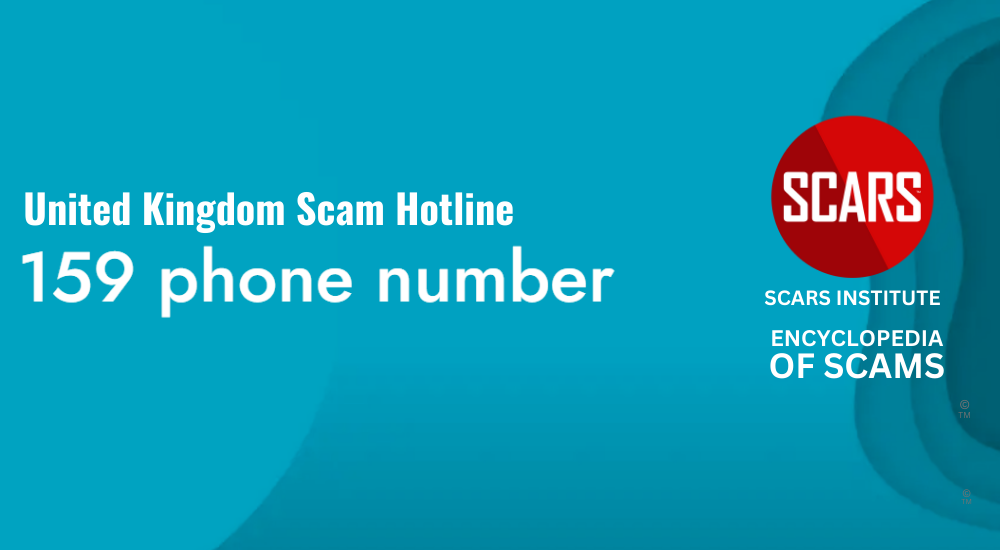
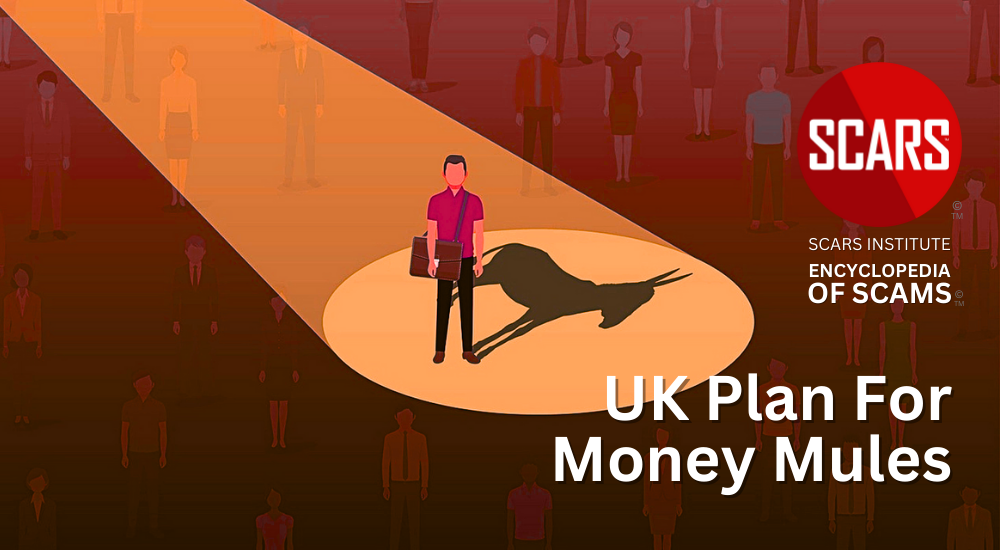




Thank you for your comment. You may receive an email to follow up. We never share your data with marketers.